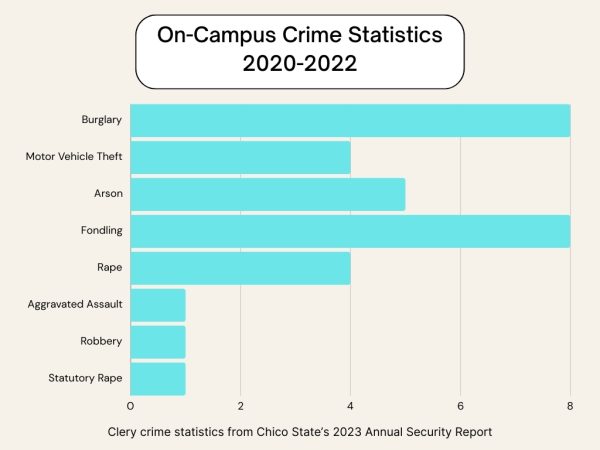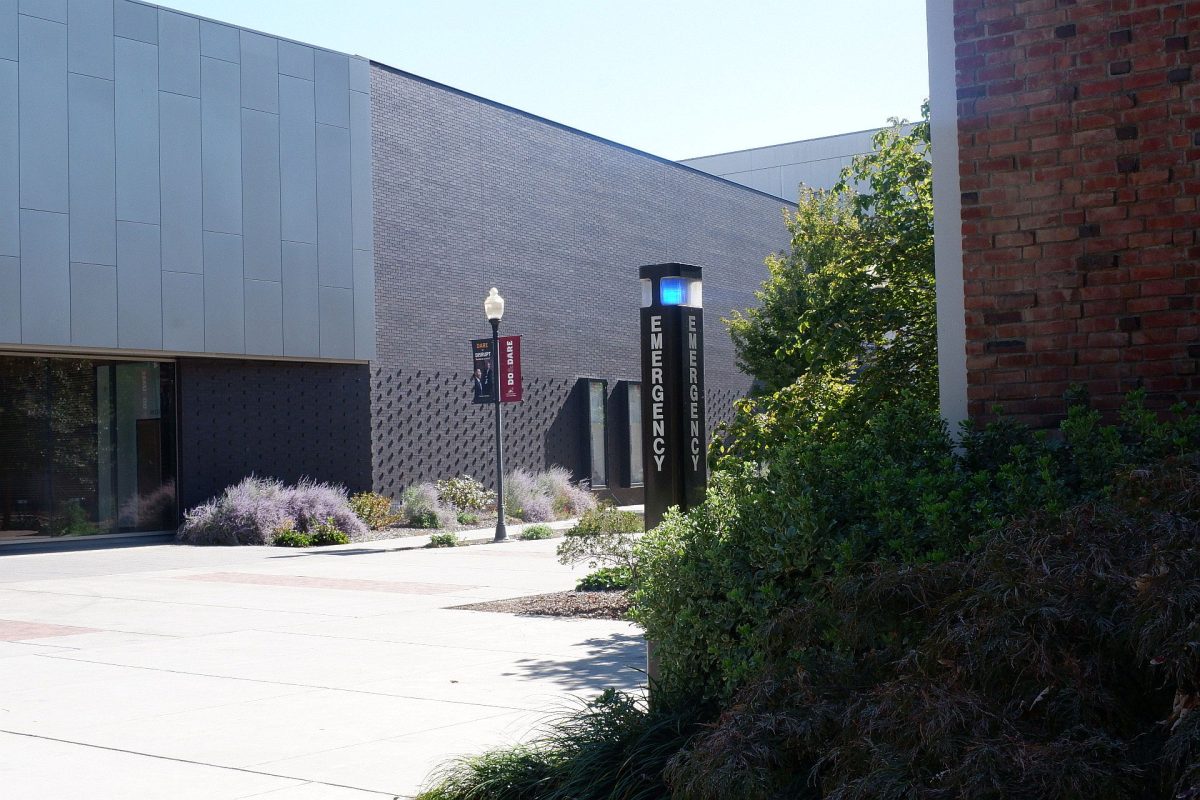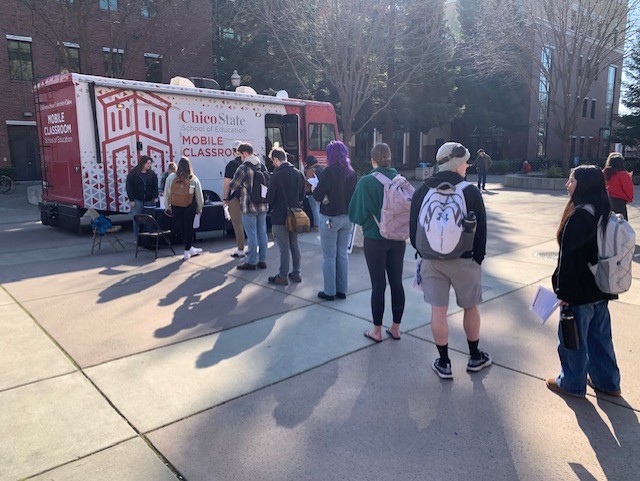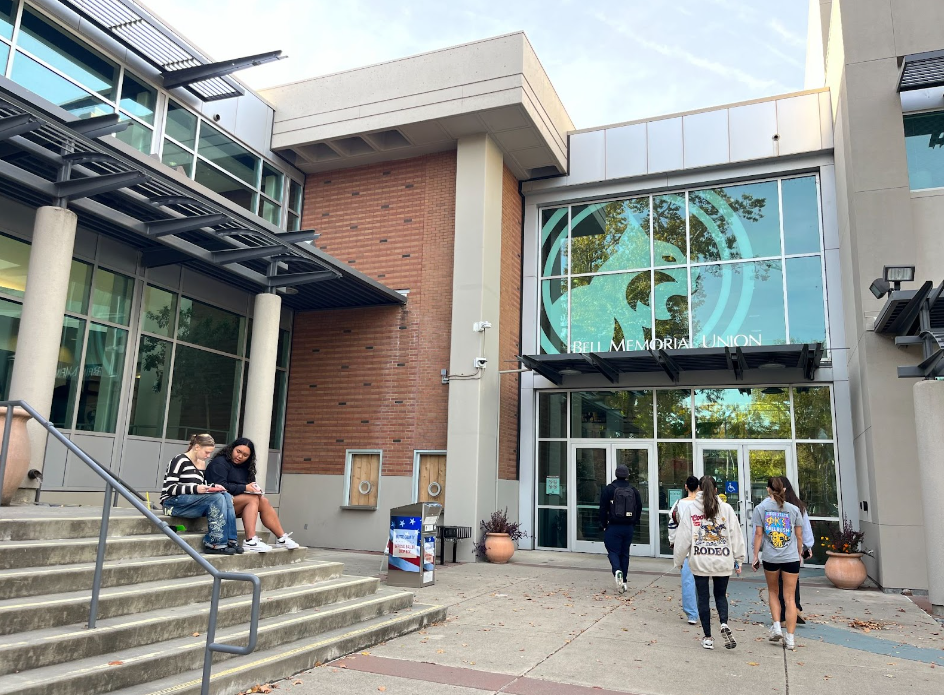Chico State was among six California State Universities audited by the California State Auditor’s Office regarding the university’s most recent Annual Security Report.
The audit report, which used data sets from the 2020-2022 calendar years, showed various reporting discrepancies from all six institutions.
The institutions audited include:
- Chico State
- Imperial Valley
- Mount Saint Mary’s
- Orange Coast
- Santa Cruz
- San Diego
According to the audit published on July 30, by California State Auditor Grant Parks, the six California colleges and universities audited “struggled to report accurate campus safety information.”
Chico State’s 2023 ASR was “inaccurate or incomplete to varying degrees, which may be misleading students, staff and faculty about safety risks on or around campus,” Parks stated.
Chico State’s clery director, Erin Tarabini, welcomed the feedback.
“Any audit can be very beneficial, because it helps you highlight areas of a program that you may need to strengthen,” Tarabini said.

Chico State was one of the four institutions reported to have incomplete daily crime logs. The audit attributes the reporting errors to a lack of “documented procedures for their staff to follow for compiling Clery statistics.” Chico State did not track the crime in a central database, which may have contributed to the erroneous reporting, according to the audit.
The Clery Act requires that institutions with campus police departments maintain daily logs of all crimes reported within their jurisdiction, which goes far beyond that which is required to report in the ASR.
This data provides a comprehensive overview and allows for effective Clery Act audits. According to the audit, 17 of the 65 crimes reviewed from Chico State’s daily logs were not included in the annual report.
At least one procedural error in how the data is reported from the Chico State University Police Department to the school’s Clery coordinator has already been addressed and rectified, according to the audit.
Tarabini noted that the systems Chico State uses have been reviewed and further integrated to house reports in a manner that is easily reconciled prior to reporting.
The audit also pointed out a discrepancy between the declaration of a policy regarding missing student cases, and the actual existence of a policy.
The practice has been in place for some time, and they recently examined those practices, clarified and codified the policy and put it into place for this term, said Tarabini.
Another criticism from the audit was that the agreements with local law enforcement had not been updated for at least five years. The school’s public safety agreement with the City of Chico and the Chico Police Department has already been updated and will be finalized very soon, said Tarabini.
The review process from the California State Auditor’s Office is very thorough and takes months to complete, according to Chico State public relations manager, Andrew Staples.
“You know it’s going to be a very detailed report, which is a good thing. You’re going to get recommendations, like we did, for ways to improve,” Staples said.
Staples noted that the administration wants to be transparent and communicative about all the things they are trying to do to keep students safe.
“We’re all about student success here,” he said. “We know you can’t perform your best if you don’t feel physically safe, and if you don’t feel emotionally safe.”
The Jeanne Clery Disclosure of Campus Security Policy and Campus Crime Statistics Act, also referred to as The Clery Act, is a federal law that was passed in 1990.
According to Clery Center, a nonprofit organization, the law was designed to provide transparency around the policing of crime on college campuses by requiring schools to publish an Annual Security Report containing the three previous years of crime statistics, as well as policies and procedures relating to campus safety.
In 1986 Jeanne Clery was raped and murdered by a fellow Lehigh University student in one of their dormitory buildings. In the three years prior, there had been 38 violent crimes on Lehigh’s campus, according to Clery Center.
In the following years, Connie and Howard Clery, her parents, advocated for a comprehensive set of laws to govern crime reporting from college campuses, arguing that they would never have sent their daughter to Lehigh University if they were aware of the previous crimes there.
The next Annual Security Report will be published and distributed by campus-wide email in mid-September, said Staples.
Sean Shanks can be reached at orionmanagingeditor@gmail.com.
To read this article is Spanish, go here.











